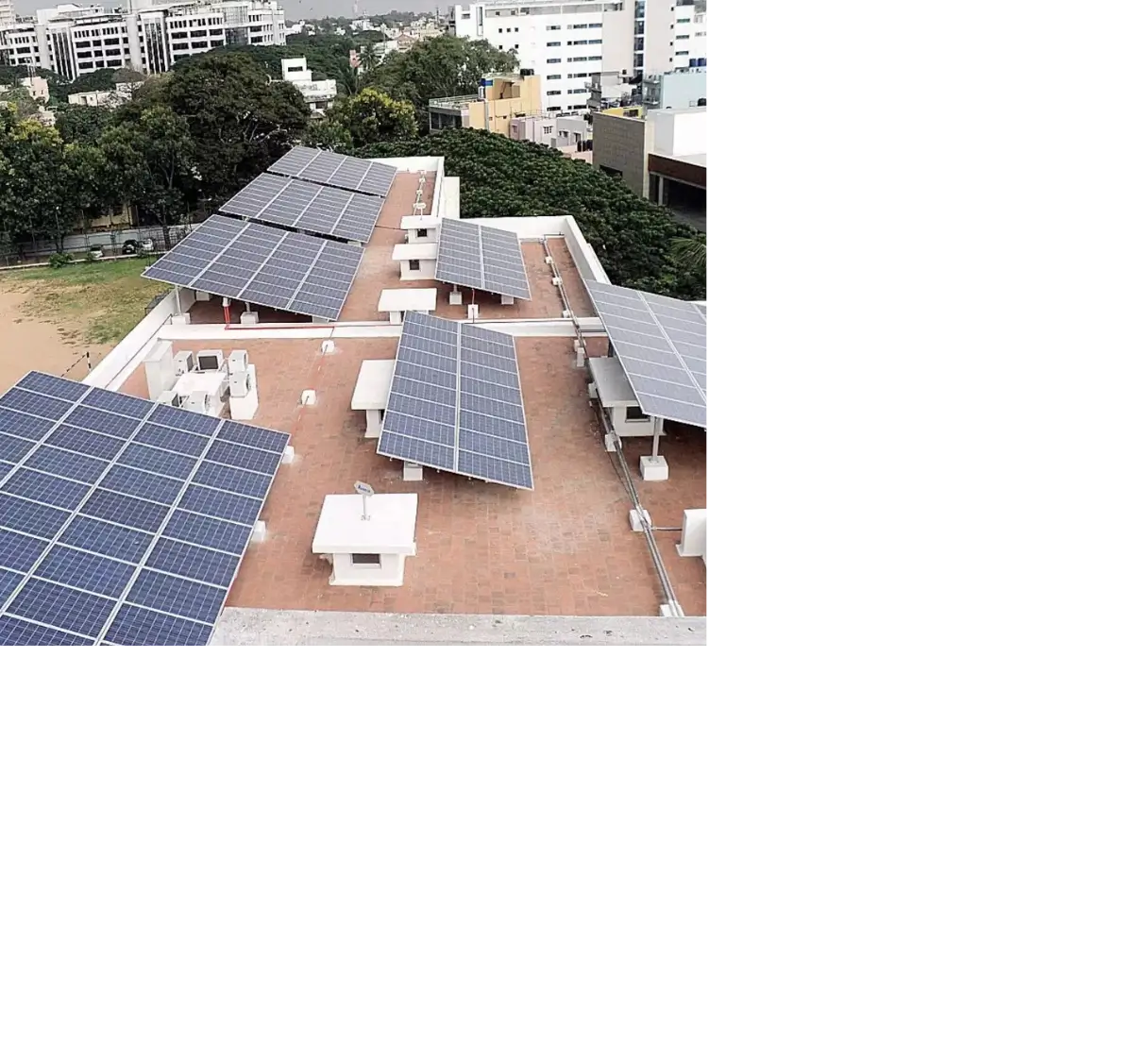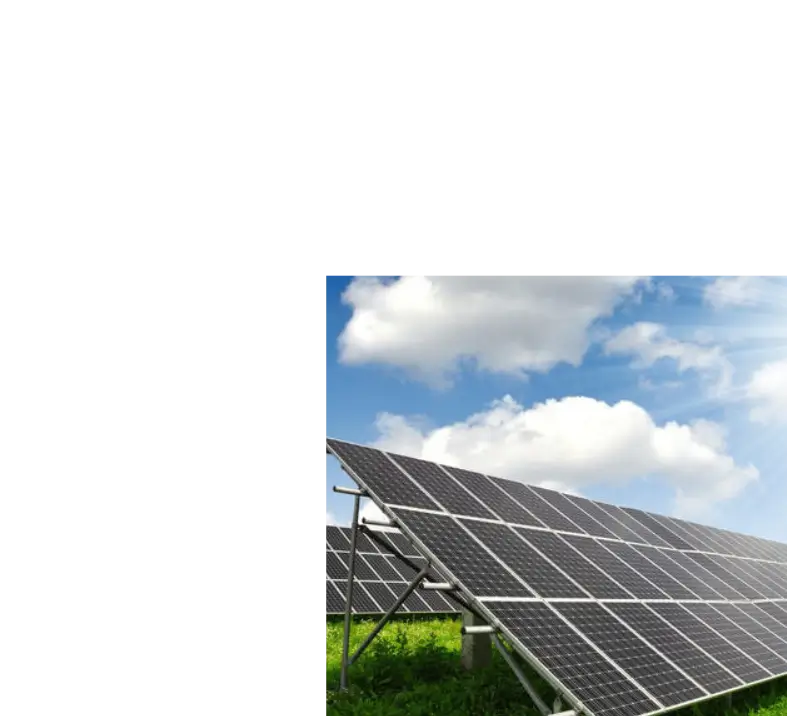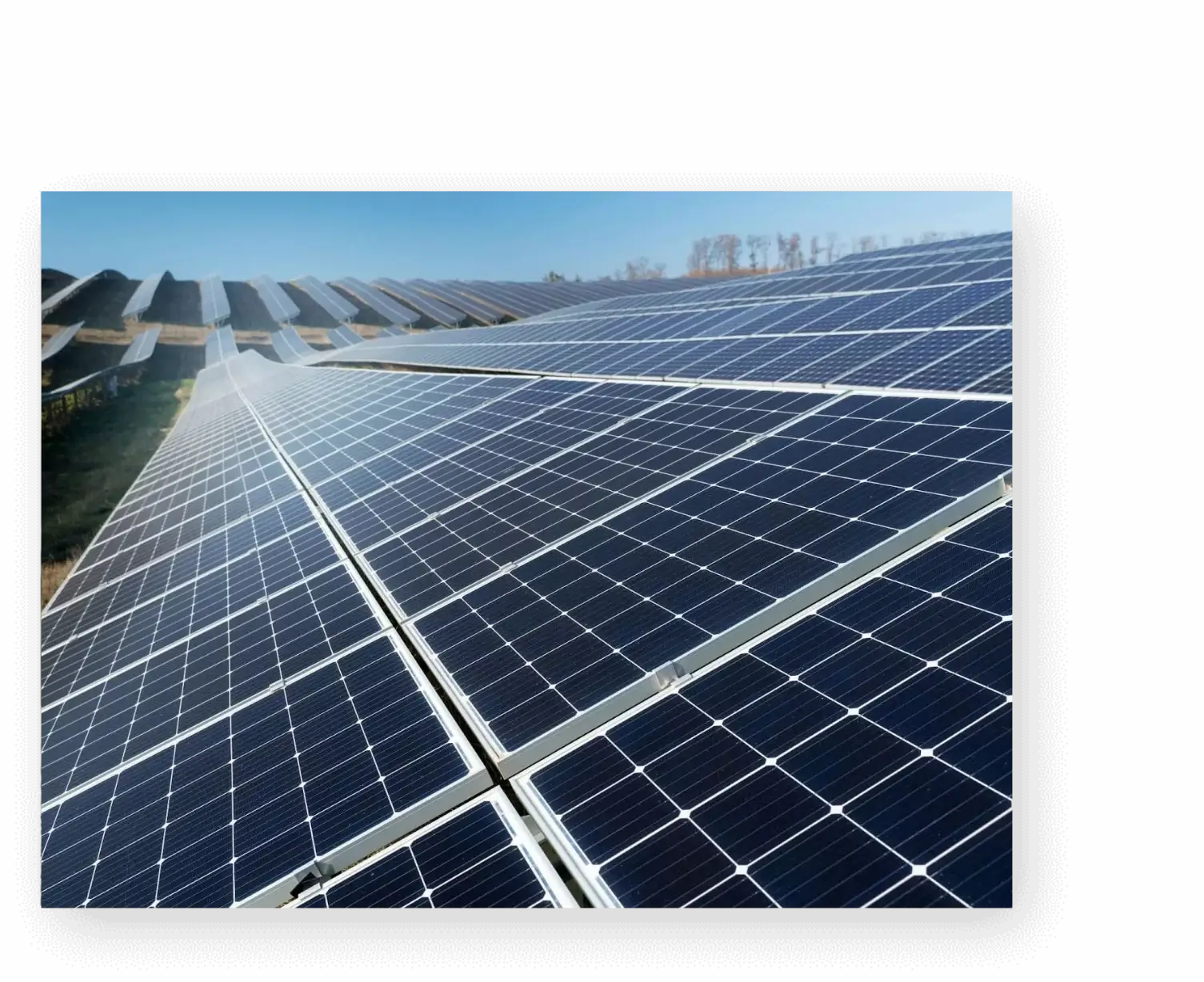


The Best Solution of Solar Energy
AboutAYKKA, established in 2019, specializes in system integration and equipment leasing while focusing on innovative solutions in the renewable energy sector. The company is on an ambitious mission to offer eco-friendly power alternatives and position itself as a leading solar energy system integrator and solution provider.
At AYKKA, We offer a comprehensive suite of services, including turnkey EPC solutions for rooftop projects, consulting, detailed engineering, system integration, training, project advisory services, and the innovative solar-as-a-service model for our esteemed partners.
Supported by a group with a collective turnover exceeding ₹150 crores and over 40 years of business legacy, we are committed to driving innovation and delivering cutting-edge solutions for the Solar PV market.
Shaping a Sustainable Future
PowerOur Vision
Our Mission
Our Values
AYKKA was founded with the vision of becoming a leader in addressing the pressing global challenges of the energy crisis, climate change, and the transition to sustainable energy solutions. By fostering innovation and leveraging advanced technologies, we are dedicated to creating a greener and more resilient future for generations to come.
Our strategic focus is centered on the efficient design, development, and execution of solar PV plants, with a particular emphasis on projects ranging from 500kW to 10MW. We aim to deliver sustainable energy solutions by leveraging advanced technologies, ensuring cost-effectiveness, and maintaining the highest standards of quality and reliability.
Authentic, Trustworthy, and Truthful are the cornerstones of our philosophy, guiding every action and decision we take. We are committed to maintaining transparency, delivering reliable solutions, and building enduring relationships with our clients. These values inspire confidence, foster trust, and ensure the highest standards of integrity in everything we do.
Kwh Saved
CO2 Saved (Lbs)


How AYKKA Envisions "Net Zero?
StepsAYKKA, an energy efficiency company, is driven by the principles of “net zero” and offers innovative solar thermal solutions for air conditioning and refrigeration, paving the way for a cleaner environment for future generations.
Have Questions? Or Are you looking for a Hybrid Solar Panels?
The right place is AYKKA.

